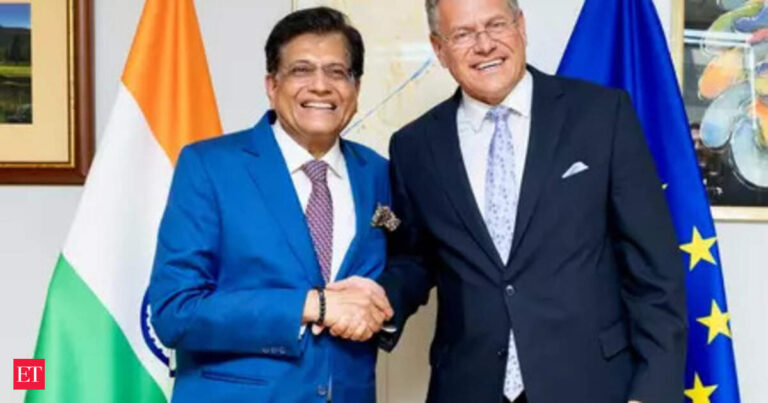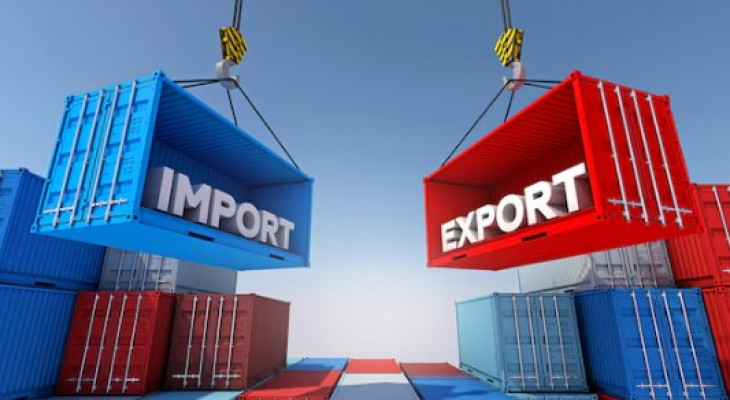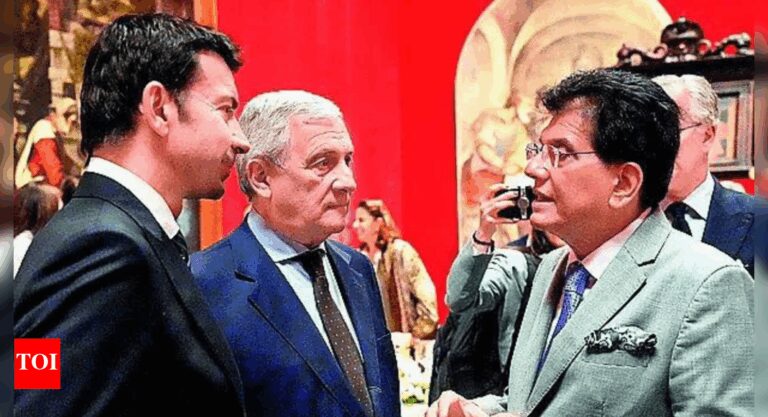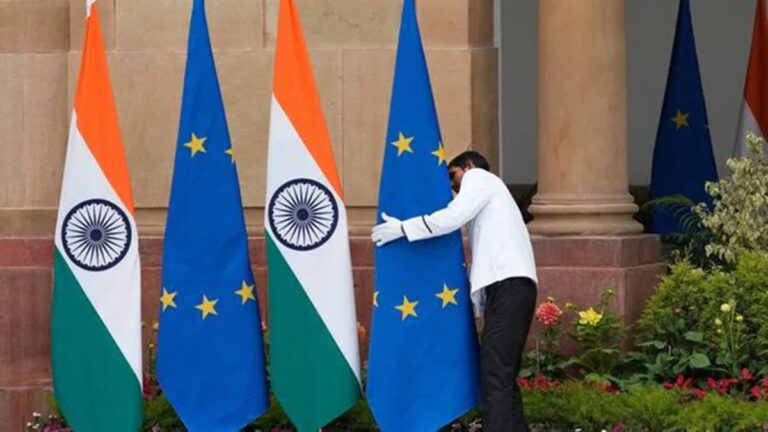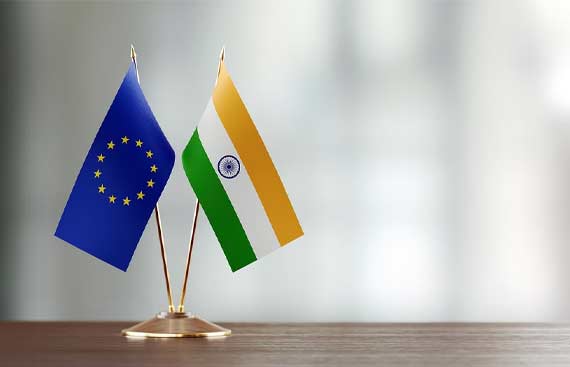
India and the EU progress considerably in the negotiation of a free trade agreement (ALE). The two parties agreed to build a commercially significant commercial program and work towards a mutually beneficial pact before the 10th cycle of talks.
Significant progress has been made in negotiations for the free trade agreement (ALE) proposed between India and the European Union (EU), as indicated in an official declaration published Thursday. The Minister of Commerce and Industry, Piyush Goyal, recently went to Brussels to meet the European Commissioner for Trade Maroš Šefä Oviä to assess the progress of current discussions.
“Substantial progress has been made on India-EU FTA. Negotiations have progressed considerably,” the press release noted, without disclosing additional details.
During their meeting, the Goyal Minister and Commissioner Šefä Oviä stressed the importance of establishing a commercially significant commercial framework and to continue a mutually advantageous trade agreement. The two leaders strategically guided their respective negotiation teams, encouraging them to accelerate efforts to finalize a complete ALE to resolve contemporary global economic challenges.
Negotiations for a free trade agreement (ALE) between India and the European Union (EU) depend on responding to the main concerns on both sides. The EU has raised problems concerning the data protection of India, the application of intellectual property rights and important import rights on specific European goods. Conversely, India is looking for improved market access for its agricultural products, IT services and qualified professionals within the EU. The addition of complexity to these discussions is the changing geopolitical landscape, shaped by the war in Ukraine and the climbing of tensions between the West and China, which prompted India and the EU to diversify their commercial partnerships and investment.
A complete ALE promises to considerably increase bilateral trade and investment flows, stimulating economic growth and job creation in both regions. In addition, it could open the way to a deeper technological collaboration and innovation. Beyond financial gains, such an agreement would strengthen the strategic partnership between India and the EU, strengthening links in a rapidly changing global context.
This meeting is a precursor to the 10th cycle of negotiations between India and the European Union (EU), scheduled from March 10 to 14 in Brussels. During the ninth previous round, discussions addressed a wide range of trade -related subjects, including goods, services, investment, government purchases and key regulatory frameworks such as rules of origin, measures Sanitary and phytosanitary (SPS) and technical commercial barriers.
Negotiations between India and the EU resumed in June 2022 after an interruption of eight years, following their suspension in 2013 due to unresolved differences on critical issues.
Bilateral trade between India and the EU has reached $ 180 billion in previous years. India has exported $ 75.18 billion to goods and 31.13 billion EU service services, while EU exports to India totaled $ 63.44 billion in goods and 31.35 billion dollars in service. In addition, according to the Ministry of Commerce and Industry, the EU remains an important contributor to foreign direct investment (FDI) in India, with total IDE entries estimated at $ 117.34 billion.
